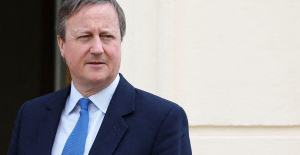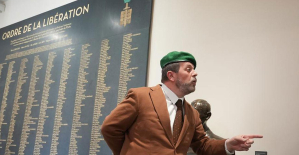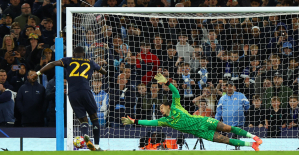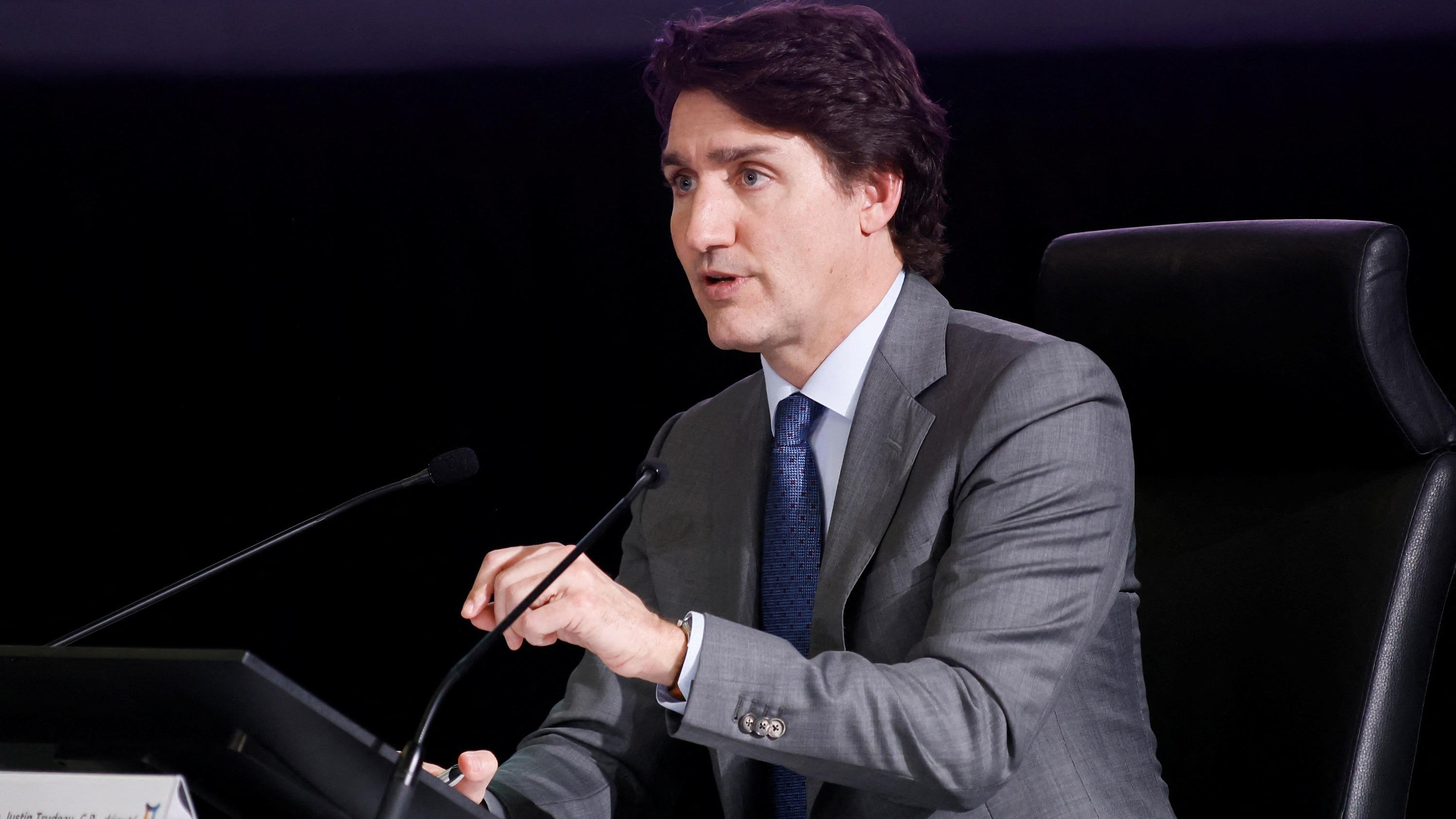The high court has given the Prosecutor's Office and the Spanish Digital Gaming Association a deadline to make a statement.
The Supreme Court is considering asking the Constitutional Court if it is legal to establish conditions and limits to advertising activity in the field of gambling, as stated in the Gaming Law challenged by the Spanish Association of Digital Gaming.
In an order signed on May 25, the magistrates have given a period of 10 days to the Prosecutor's Office and the association to present their allegations on "the possible raising of a question of unconstitutionality" before the court of guarantees in relation to article 7 , second section, of Law 13/2011, which regulates gambling.
Specifically, the magistrates want to know if it is in accordance with the law to oblige gambling operators to indicate "clearly" in commercial communications their company name, name or commercial image or if it violates articles 38 and 53 of the Constitution, for which that basic rights are protected, including freedom of enterprise.
It is expected that the court, after listening to the parties, will decide whether or not to raise the issue to the Constitutional Court to issue its conclusions as the highest interpreter of the Constitution.
The third section of the contentious-administrative chamber has ruled as a result of the complaint filed by the Spanish Digital Gaming Association against Royal Decree 958/2020, regarding commercial communications of gaming activities, considering that the restrictions to the commercial communication filed by the Government constitute "an interference with the freedom of business, lacking sufficient legal authorization and disproportionate in its terms".
The association argued that the measures adopted by the Executive "affect the sustainability and regular development of the legal online gaming market and, therefore, weaken its ability to help protect citizens against unregulated and alien activities. to public control".
In this sense, the association defended in its complaint -filed in March 2021 and collected by Europa Press-- that the Royal Decree does not respect the "limits set by the legislator", in reference to four specific articles of the Constitution, and insisted in which article 7 of the Gaming Law is "unconstitutional".
Thus, he indicated that the Government's measures are "unnecessary" because "such an intense restriction on advertising (even prohibiting it, in practical and effective terms) overlaps with the rest of the measures already in force and others included in the Royal Decree and whose purpose is to delimit the content of the gaming activities and of the commercial messages themselves".
Within the framework of the resolution, for which Judge Diego Córdoba was the rapporteur, the court has agreed to send the Public Prosecutor's Office a copy of the application, response and conclusions briefs.

 Rishi Sunak wants a tobacco-free UK
Rishi Sunak wants a tobacco-free UK In Africa, the number of millionaires will boom over the next ten years
In Africa, the number of millionaires will boom over the next ten years Iran's attack on Israel: these false, misleading images spreading on social networks
Iran's attack on Israel: these false, misleading images spreading on social networks Iran-Israel: David Cameron wants the G7 to impose “coordinated sanctions” on Iran
Iran-Israel: David Cameron wants the G7 to impose “coordinated sanctions” on Iran New generation mosquito nets prove much more effective against malaria
New generation mosquito nets prove much more effective against malaria Covid-19: everything you need to know about the new vaccination campaign which is starting
Covid-19: everything you need to know about the new vaccination campaign which is starting The best laptops of the moment boast artificial intelligence
The best laptops of the moment boast artificial intelligence Amazon invests 700 million in robotizing its warehouses in Europe
Amazon invests 700 million in robotizing its warehouses in Europe Boeing tries to defuse the long-haul crisis
Boeing tries to defuse the long-haul crisis Solar panels: French manufacturer Systovi announces the cessation of its activities due to “Chinese dumping”
Solar panels: French manufacturer Systovi announces the cessation of its activities due to “Chinese dumping” Tesla: canceled in court, Musk's huge compensation plan will again be submitted to shareholders
Tesla: canceled in court, Musk's huge compensation plan will again be submitted to shareholders Two, three or a hundred euros: who are the most generous customers with tips?
Two, three or a hundred euros: who are the most generous customers with tips? Bruno Vandelli: one year suspended sentence required against the choreographer for corruption of a minor
Bruno Vandelli: one year suspended sentence required against the choreographer for corruption of a minor Jul fills the Stade de France and the Vélodrome in record time
Jul fills the Stade de France and the Vélodrome in record time Immersion among the companions of the Liberation
Immersion among the companions of the Liberation Provence-Alpes-Côte d’Azur releases several hundred thousand euros for the promotion of the work of Marcel Pagnol
Provence-Alpes-Côte d’Azur releases several hundred thousand euros for the promotion of the work of Marcel Pagnol Skoda Kodiaq 2024: a 'beast' plug-in hybrid SUV
Skoda Kodiaq 2024: a 'beast' plug-in hybrid SUV Tesla launches a new Model Y with 600 km of autonomy at a "more accessible price"
Tesla launches a new Model Y with 600 km of autonomy at a "more accessible price" The 10 best-selling cars in March 2024 in Spain: sales fall due to Easter
The 10 best-selling cars in March 2024 in Spain: sales fall due to Easter A private jet company buys more than 100 flying cars
A private jet company buys more than 100 flying cars This is how housing prices have changed in Spain in the last decade
This is how housing prices have changed in Spain in the last decade The home mortgage firm drops 10% in January and interest soars to 3.46%
The home mortgage firm drops 10% in January and interest soars to 3.46% The jewel of the Rocío de Nagüeles urbanization: a dream villa in Marbella
The jewel of the Rocío de Nagüeles urbanization: a dream villa in Marbella Rental prices grow by 7.3% in February: where does it go up and where does it go down?
Rental prices grow by 7.3% in February: where does it go up and where does it go down? Europeans: the schedule of debates to follow between now and June 9
Europeans: the schedule of debates to follow between now and June 9 Europeans: “In France, there is a left and there is a right,” assures Bellamy
Europeans: “In France, there is a left and there is a right,” assures Bellamy During the night of the economy, the right points out the budgetary flaws of the macronie
During the night of the economy, the right points out the budgetary flaws of the macronie Europeans: Glucksmann denounces “Emmanuel Macron’s failure” in the face of Bardella’s success
Europeans: Glucksmann denounces “Emmanuel Macron’s failure” in the face of Bardella’s success These French cities that will boycott the World Cup in Qatar
These French cities that will boycott the World Cup in Qatar Champions League: “It’s painful, but we have to learn,” says Arteta
Champions League: “It’s painful, but we have to learn,” says Arteta Champions League: “Madrid never dies”, says Ancelotti
Champions League: “Madrid never dies”, says Ancelotti Champions League: Manchester City played “exceptionally”, according to Guardiola
Champions League: Manchester City played “exceptionally”, according to Guardiola Champions League: video summary of the Manchester City-Real Madrid clash
Champions League: video summary of the Manchester City-Real Madrid clash


















